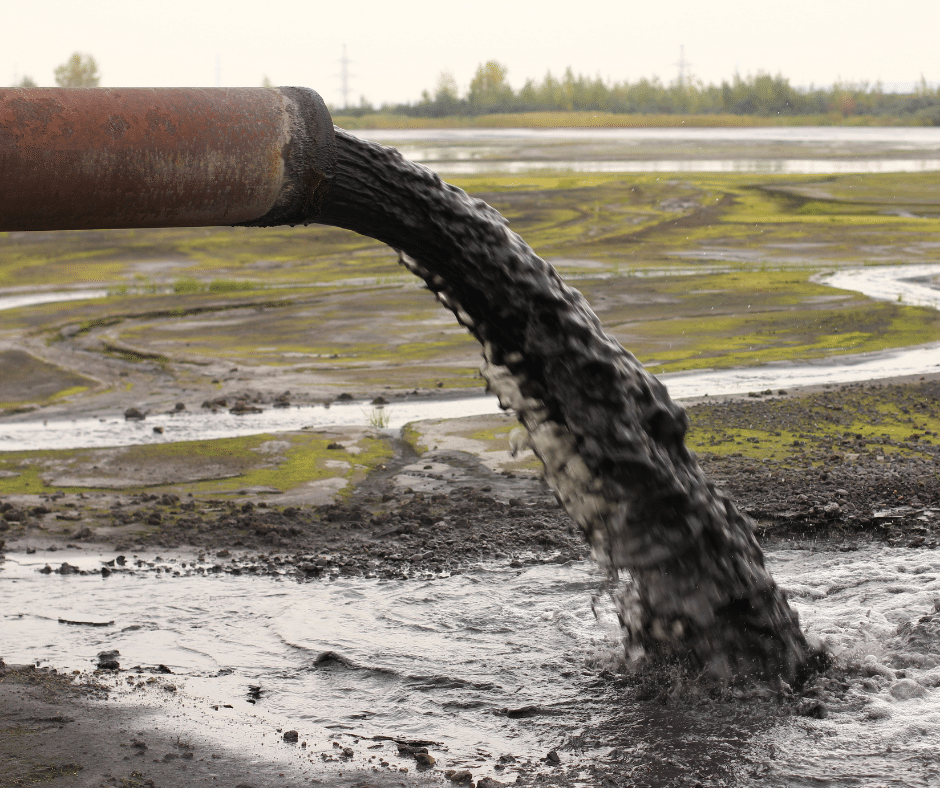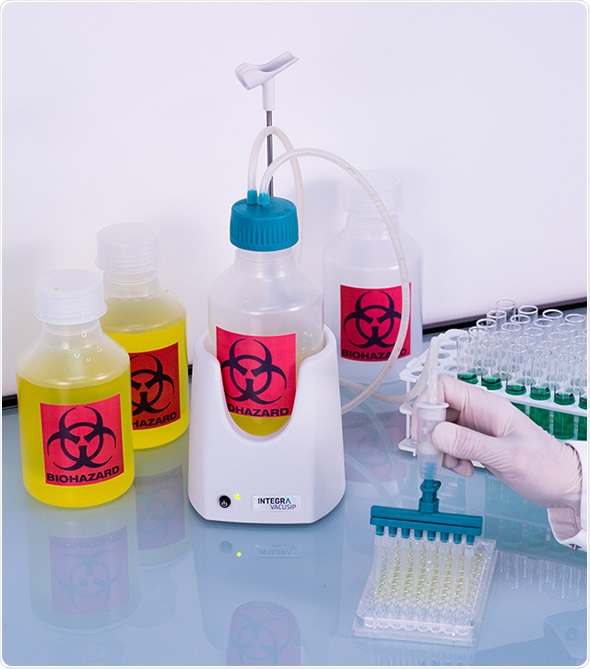Dependable Liquid Waste Disposal Melbourne: Safe and Reliable Providers
Dependable Liquid Waste Disposal Melbourne: Safe and Reliable Providers
Blog Article
Understanding the Comprehensive Refine of Liquid Waste Disposal: Best Practices and Environmental Impact Considerations
The management of fluid waste disposal is a multifaceted issue that requires a detailed understanding of different ideal techniques and their connected environmental effects. From the types of fluid waste produced to the approaches utilized for collection, therapy, and final disposal, each step plays a critical function in guarding environments and public wellness.
Kinds Of Liquid Waste
Comprehending the numerous kinds of fluid waste is necessary for effective monitoring and disposal techniques. Fluid waste can be extensively classified into numerous kinds, each needing special handling and treatment strategies.
Industrial liquid waste usually contains harmful materials, including hefty metals, solvents, and chemicals, created during manufacturing processes. These wastes demand stringent regulative conformity to shield human health and the atmosphere. Residential fluid waste mostly describes wastewater generated from households, including sewer and greywater, which, although much less toxic, can still position substantial threats if improperly taken care of.
Agricultural fluid waste, consisting of runoff from ranches, typically has plant foods and chemicals that can bring about ecological degradation otherwise dealt with effectively. Medical fluid waste, produced from health care facilities, includes infected liquids such as physical liquids and chemicals, requiring specialized disposal techniques to avoid infection and environmental contamination.
Last but not least, oil and grease waste, commonly created by dining establishments and auto industries, can cause extreme obstructions in sewage system systems if not handled correctly. Understanding these categories promotes targeted approaches for treatment, compliance with regulations, and efficient disposal techniques, inevitably promoting ecological sustainability and public health and wellness safety.

Collection Approaches
Reliable collection methods are essential for the appropriate administration of fluid waste, making sure that it is collected securely and effectively prior to therapy or disposal. Different techniques are used depending upon the kind of fluid waste produced, the quantity, and the particular features of the waste.
One usual approach is using devoted collection containers or sumps, which are created to capture fluid waste at the source. These systems usually integrate pumps that assist in the transfer of waste to bigger storage containers or therapy centers. Furthermore, mobile collection systems equipped with vacuum technology are utilized in circumstances where waste is produced intermittently or in hard-to-reach places.
For commercial setups, closed-loop systems can properly minimize leaks and spills, permitting for the healing and reuse of fluid waste. It is likewise vital to train personnel on proper collection procedures to reduce dangers connected with dangerous compounds.
Furthermore, executing regular maintenance timetables for collection devices guarantees optimal efficiency and security. The assimilation of innovative monitoring systems can boost collection performance by providing real-time information on waste degrees and prospective hazards. In general, reliable collection approaches are foundational to lasting fluid waste management practices.
Therapy Processes
Therapy procedures play an essential duty in the monitoring of liquid waste, changing possibly hazardous products right into safe effluents or multiple-use sources - liquid waste disposal. These processes can be broadly categorized into physical, chemical, and biological techniques, each customized to resolve details impurities present in the waste stream
Physical treatment methods, such as sedimentation and filtration, job by eliminating put on hold solids and particle matter. These strategies are often the very first step in the treatment chain, properly minimizing the lots on succeeding procedures. Chemical treatments entail the use of reagents to counteract harmful substances, speed up heavy metals, or oxidize organic pollutants, consequently boosting the safety of the effluent.
Organic treatment procedures, consisting of triggered sludge systems and anaerobic digestion, profit from the natural capabilities of bacteria to break down natural matter. These methods are specifically efficient for wastewater having eco-friendly pollutants. Advanced therapy innovations, such as membrane filtration and progressed oxidation processes, are progressively employed to attain greater levels of filtration.
Integrating a mix of these treatment approaches not only makes sure compliance with governing criteria but likewise advertises ecological sustainability by recovering beneficial sources from liquid waste.
Disposal Options
Exactly how can companies guarantee the risk-free and liable disposal of liquid waste? Effective disposal choices are critical for safeguarding public wellness and the environment. The primary techniques include land treatment, disposal, and incineration adhered to by discharge right into metropolitan wastewater systems.
Land disposal entails the mindful containment of liquid waste in assigned garbage dumps, making sure that it does not seep into bordering dirt or water. Incineration, on the various other hand, topics liquid waste to heats, converting it into ash and gases, which require proper filtration to reduce discharges. This technique is suitable for dangerous wastes that can not be treated with conventional means.
In cases where fluid waste can be treated, companies might choose chemical or biological treatment procedures to counteract unsafe parts prior to releasing the treated effluent into metropolitan systems. This route commonly straightens with regulatory needs, making certain that the effluent meets security standards.
Ultimately, companies should conduct comprehensive assessments of each disposal option to establish its feasibility, considering aspects such as waste make-up, regulatory conformity, and prospective risks to health he has a good point and wellness and the atmosphere. By picking proper disposal methods, businesses can add to a responsible waste administration strategy.
Ecological Influence
The ecological impact of fluid garbage disposal is an essential factor to consider for organizations looking for to reduce their eco-friendly footprint. Improper disposal techniques can bring about considerable contamination of water resources, soil destruction, and unfavorable results on local environments. For example, unsafe liquids can leach right into groundwater, positioning dangers to drinking water products and aquatic life. Furthermore, the discharge of unattended or improperly treated waste right into surface waters can cause eutrophication, leading to oxygen exhaustion and the succeeding fatality of fish and various his explanation other organisms.

To mitigate these impacts, companies must embrace finest practices such as implementing rigorous waste therapy processes, advertising recycling and reuse, and adhering to regulatory standards. By taking an aggressive technique to liquid waste management, entities can considerably decrease their environmental impact while sustaining lasting growth goals. Ultimately, a thorough understanding of the ecological influences related to liquid garbage disposal is crucial for educated decision-making and liable stewardship of natural deposits.
Conclusion
Reliable management of liquid waste is critical for protecting environmental stability and public health and wellness. Inevitably, a comprehensive understanding of fluid waste disposal not only reduces ecological influences yet additionally promotes a dedication to liable resource management and environmental stewardship.
The monitoring of liquid waste disposal is a multifaceted problem that needs a thorough understanding of different ideal techniques and their associated environmental impacts. From the types of fluid waste produced to the techniques used for collection, therapy, and last disposal, each step plays a vital function in securing ecological communities and public wellness.The environmental impact of liquid waste disposal is a crucial consideration for organizations seeking to reduce their environmental footprint. Inevitably, a comprehensive understanding of the ecological influences associated with liquid waste disposal is vital for educated decision-making and responsible stewardship of all-natural sources.
Eventually, a detailed understanding of fluid waste disposal not only reduces environmental impacts yet additionally cultivates check my site a dedication to liable resource management and environmental stewardship.
Report this page